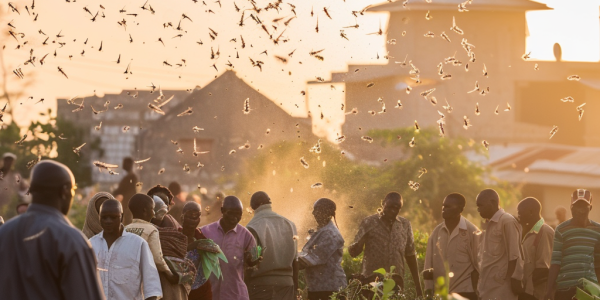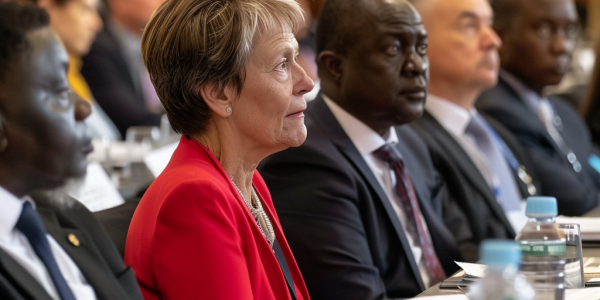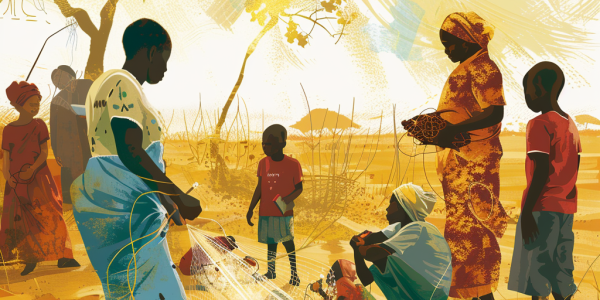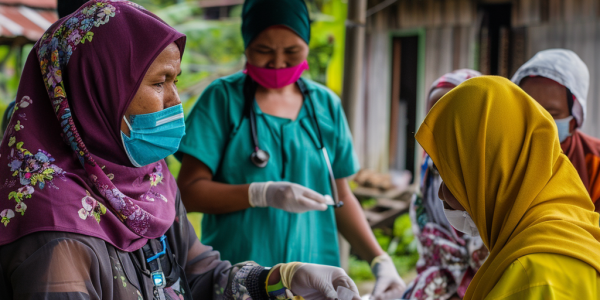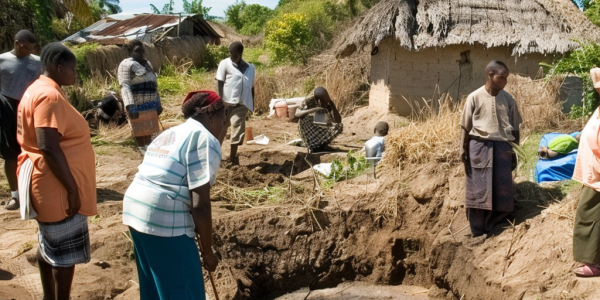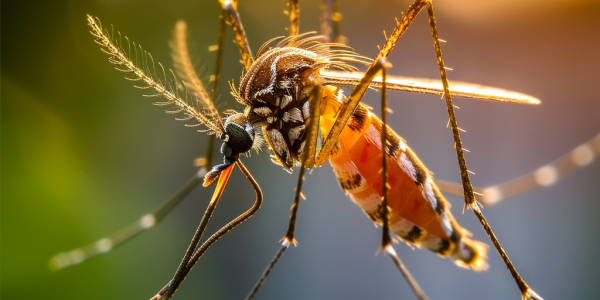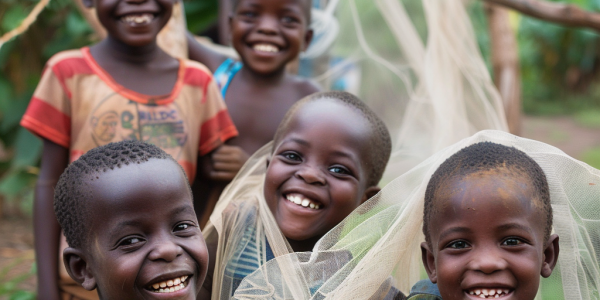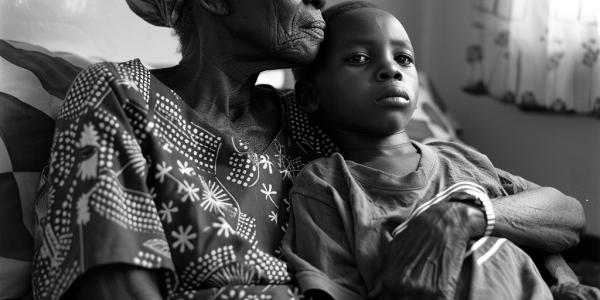Djibouti Releases Genetically Engineered Mosquitoes to Combat Malaria
Djibouti launches groundbreaking initiative in the fight against malaria by releasing genetically engineered mosquitoes to combat the invasive Anopheles stephensi mosquito. The Djibouti Friendly Mosquito Programme, a collaborative effort, aims to reduce urban malaria cases. Uganda also plans to implement a similar strategy targeting Anopheles funestus. Genetically modified mosquitoes were previously released in Burkina Faso in 2019 to prevent offspring production.
Global Leaders Gather in London to Discuss One Health Approach to Climate Crisis
Learn about the recent groundbreaking event hosted by PATH and the Commonwealth in London, focusing on the One Health approach to address the critical intersection of human and planetary health in the face of climate change. Global leaders and experts gathered to emphasize the urgency of taking action to prevent epidemics and pandemics, especially affecting vulnerable populations. Keynote speakers highlighted the need for a coordinated One Health approach that considers the interconnectedness of human, animal, and environmental health in tackling climate change impacts.
Urgent Need for Research on Climate Change Impact on Neglected Tropical Diseases and Malaria
New research underscores the urgent need for further investigation into the impact of climate change on neglected tropical diseases (NTDs) and malaria. Rising temperatures and shifting weather patterns are altering disease distribution, posing significant threats to public health. The study emphasizes the importance of collaborative modeling to predict the consequences of climate change on malaria and NTDs, warning of potential shifts in transmission patterns. Immediate action is required to safeguard progress in combating these diseases and address research biases that disproportionately impact vulnerable communities.
Travelers Urged to Check Vaccination and Medication Requirements Before Summer Holidays Due to Rise in Malaria Cases
Travelers are urged to check vaccination and medication requirements before summer holidays due to a notable increase in travel-acquired malaria cases. Data from the UK Health Security Agency revealed over 2,000 imported malaria cases in 2023, marking a significant rise. Malaria, caused by parasites from mosquito bites, can be prevented with anti-malarial tablets and vaccines for other infections. Precautions such as using insect repellent and taking prevention tablets can reduce the risk of infection.
Climate Change and Malaria Transmission in Africa: New Study Reveals Surprising Findings
A recent study published in Science reveals the complex impact of climate change on the transmission of malaria in African regions. While future malaria regions could be smaller than predicted, global warming is expanding the areas where malaria pathogens can be transmitted, potentially leading to more cases. This challenges the assumption that a reduction in malaria-carrying mosquitoes automatically decreases disease transmission, highlighting the need for continued vigilance and innovative strategies. Another study discusses the increasing frequency and intensity of heatwaves due to climate change, emphasizing the need for proactive measures to protect human health. The Ministry of Defense’s new strategy recognizes the importance of preparedness in the face of environmental challenges, highlighting the multifaceted impact of climate change on public health and national security.
Indonesia Sees Decrease in Malaria Cases, But Remains Second-Highest in Asia
Indonesia has made progress in reducing malaria cases, but remains the second-highest in Asia. The country saw a decrease in cases in 2023, with efforts to combat the disease ongoing. The government’s malaria elimination program has achieved success in several regions, surpassing national targets. With a focus on endemic areas, Indonesia continues its fight against malaria to ensure the well-being of its population.
Climate Change Amplifying Risk of Malaria Resurgence, Say Specialists
Climate change is amplifying the risk of a resurgence of malaria, with changing weather patterns creating a more favorable environment for mosquitoes to thrive. The surge in malaria cases in Mozambique’s Manica province highlights the ongoing threat posed by this disease, exacerbated by the impact of extreme weather events and food insecurity. As climate change drives environmental changes, the risk of mosquito-borne infections is expected to escalate, emphasizing the need for a comprehensive approach to disease control and prevention.
Sarasota County Gears Up for Mosquito Season
Sarasota County Mosquito Management is preparing for the upcoming mosquito season, emphasizing the importance of proactive measures to control mosquito populations. With the rapid reproductive cycle of mosquitoes and the increased risk of mosquito-borne illnesses, residents are urged to eliminate standing water sources and take precautions such as wearing repellent and long clothing. The management team is utilizing innovative methods like drone spraying and chicken surveillance to manage mosquito populations, but collective effort from the public is essential to minimize the threat.
Monoclonal Antibody Offers Significant Protection Against Malaria in Children
A recent study published in the New England Journal of Medicine revealed that the monoclonal antibody L9LS provides up to 77% protection against malaria in children in Mali. With at least 600,000 people dying from malaria annually, this experimental antibody shows promise as a potential alternative to traditional prevention methods. Dr. Trevor Mundel of the Bill and Melinda Gates Foundation emphasized the need for continued innovation in the fight against malaria, highlighting the importance of a comprehensive approach to combat the disease.
New Adversary Emerges in Fight Against Malaria: Anopheles Stephensi Mosquito
The Anopheles Stephensi mosquito, spreading resistance to antimalarial drugs in Africa, poses a new challenge for researchers. Ernestine Bizimana’s story in Rwanda highlights the impact of malaria on communities, emphasizing the need for innovative solutions to combat this deadly disease.

